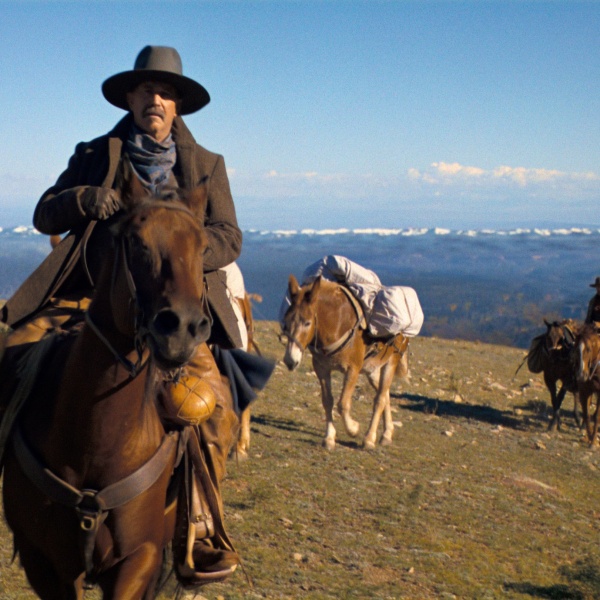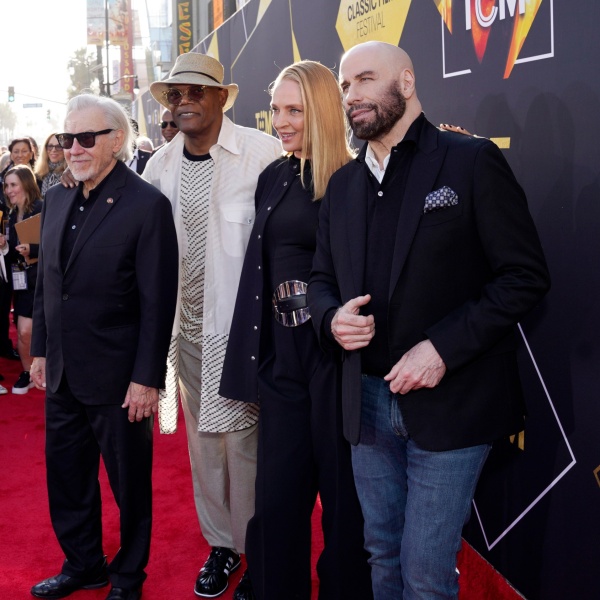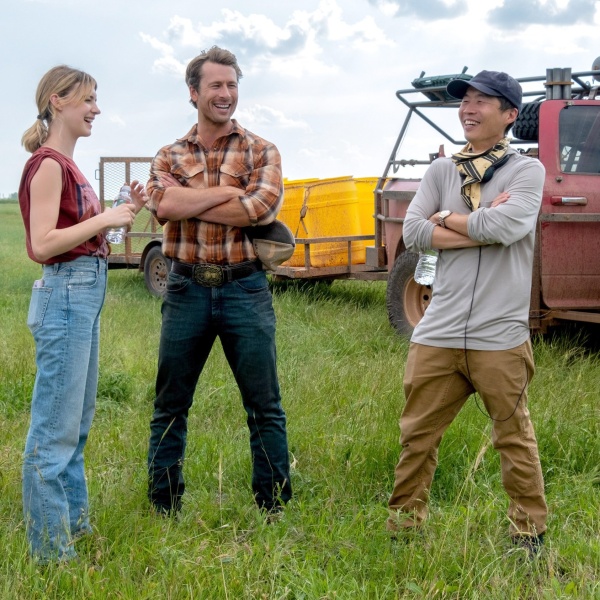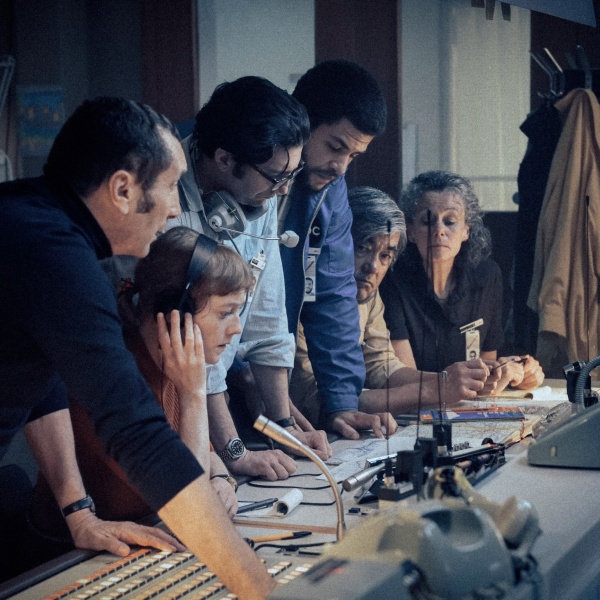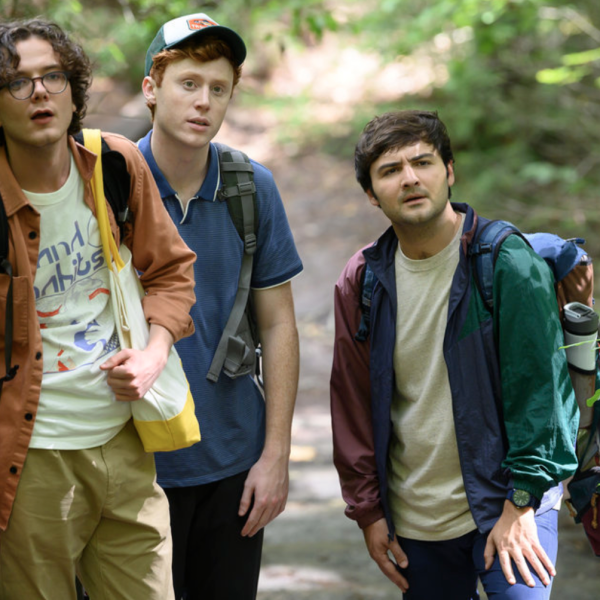Eighties-loving misanthropes will find comfort in David Fincher‘s “The Killer” knowing that the assassin revenge thriller is almost exclusively soundtracked by The Smiths — when it’s not thrumming with Trent Reznor and Atticus Ross’ ominous score.
Michael Fassbender plays a near-sociopathic contract killer, unencumbered by conscience or any moral scruples, whose carefully composed world starts to spin off its axis when he accidentally kills the wrong person on a hit job in Paris. He’s a yoga-doing, almost Zen-like murderer for hire whose unreliable perspective the movie situates us directly within — and that includes The Killer’s love of English rock band The Smiths. Hits like “How Soon Is Now?” and “Bigmouth Strikes Again” are often playing in an earbud or on speaker in the many cars he cycles through as a way to come down from the rush of a kill. Plus, some lesser-known favorites, like “I Know It’s Over” off “The Queen Is Dead,” which plays at an especially bungled moment professionally for him.
“Trent and Atticus are our first call, and if they choose to return the call, I deem myself lucky,” director Fincher said at the film‘s Venice Film Festival press conference Sunday afternoon. “The Smiths were a post-production addition because I knew I wanted to use ‘How Soon is Now?’ and I love the idea of that song specifically as a tool for assuaging his anxiety. I liked it as a meditation tape, I thought it was amusing and funny.”
Once you’ve seen the movie, lyrics like “I’ve got no right to take my place/ To the Human race” off “Bigmouth Strikes Again” will make sense as a kind of mantra for this lonely island of a man. In the film premiering in competition in Venice and out October 27 in theaters on Netflix, Fassbender’s character goes on a revenge rampage that takes him from Santa Domingo to New Orleans after a disgruntled client dispatches goons to try and kill his girlfriend at their hideaway. The Killer’s increasing improvisations that deviate from his usual modus operandi — “never improvise” being part of it — leave many unnecessary bodies strewn on the side of the road.

Fincher said he chose The Smiths because of their famously mordant wit, as voiced by Morrissey. “I don’t think that there’s a library of music by recording artists that have as much sardonic nature and wit simultaneously [as The Smiths], and we don’t get an awful lot of access to who this guy is. I thought through his mixtape it would be amusing, that that would be our window into him.”
“The schism between his mantra, the words that he lives by, and his behavior that is forced to adjust, was ultimately where the movie exists, where the character exists,” Fincher said. “As his voiceover is assured, and as his voiceover is telling us exactly what it is he thinks he’s going to do, the moment that disappears, the style of the cinematography changes, the style of the music changes. We tried to use the frantic nature, maybe handheld, the way that we staged the action, to really show unraveling.”
Fincher said he doesn’t describe “The Killer” as a “comeback” for Michael Fassbender, whose Le Mans racing has kept him from appearing in a film since 2019’s “X-Men: Dark Phoenix.” (He’ll also have Taika Waititi’s “Next Goal Wins” later this year.)
“As far as I’m concerned he hasn’t been around much because he has a whole other career. We had to slot this movie into his driving. We felt lucky to get him, we wanted him, and had we not been able to fit into his window between racing seasons, we probably wouldn’t have made the movie,” Fincher said. “I locked onto Michael […] As we were shooting, one of the things I became aware of is this strange hybrid, his face is this perfect amalgam of Charlton Heston and Laurence Olivier, and that’s the gamut.”
“The Killer” is written by Andrew Kevin Walker, who last worked with Fincher on his 1995 serial killer procedural “Seven.”
When asked how he went about trying to make audiences feel sympathy for Fassbender’s contract killer (we don’t), Fincher said, “As you can imagine, sympathy was the last thing on my mind, as it relates to this character. We wanted somebody who didn’t need to be frightening, [he’s] the mundanity of evil. My hope is that someone will see this film and get very nervous about the person behind them in line at Home Depot.”

